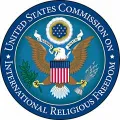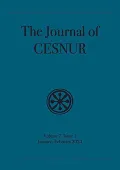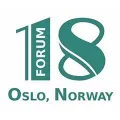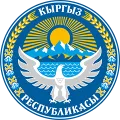Today is the 7th anniversary of the banning of Jehovah's Witnesses in Russia
"The [Orthodox] Church does not appeals for heretics, members of cults or dissidents to be subjected to prosecution. However, the decision to ban Jehovah's Witnesses is to be considered a positive act in the fight against the spread of cultic ideas, which have nothing in common with Christianity." These were the words with which Metropolitan Ilarion of Volokolamsk, chairman of the Council for External Affairs of the Russian Church, greeted the banning of Jehovah's Witnesses occurred in Russia 7 years ago, on April 20, 2017.





















